
7 powerful fruits that cleanse your kidneys naturally

Our kidneys are some of the most impressive organs we have. Beyond filtering the blood, they help regulate blood pressure, activate vitamin D, maintain strong bones, and even assist in producing red blood cells. While genetics and certain medical conditions are outside our control, much of our kidney health is influenced by daily habits — especially what we eat. This guide explores how specific fruits can support and protect your kidneys naturally.
🎯 Understanding Kidney Health

Kidneys are multitasking machines. They clear waste from the bloodstream, balance fluid levels, regulate blood pressure, and support bone health. But when diabetes or high blood pressure enters the picture, the kidneys are often the first to suffer. These two conditions are the leading causes of kidney disease. Overuse of pain medications, heavy alcohol intake, and chronic dehydration can also damage the kidneys. In fact, severe dehydration alone can trigger kidney failure.
The good news? Diet can make a powerful difference. Eating the right fruits can lower inflammation, reduce kidney stress, and promote better function.
✨ Key Takeaways
• Kidneys support blood pressure, bone strength, and vitamin D levels.
• High blood sugar and high blood pressure are the top causes of kidney disease.
• Pain medications, alcohol, and dehydration can also harm the kidneys.
• Certain fruits reduce inflammation and help the kidneys work more efficiently.
💪 Seven Fruits for Optimal Kidney Health
These delicious fruits don’t just taste great — they contain nutrients that actively support kidney function.
➡️ 1. Blueberries

Blueberries are antioxidant powerhouses. Their antioxidants help fight inflammation, allowing the kidneys to filter more effectively. Blueberries may also lower blood pressure, which is essential since high blood pressure is a major cause of kidney damage. They also contain compounds that help prevent urinary tract infections by stopping bacteria from attaching to the urinary tract.
➡️ 2. Apples
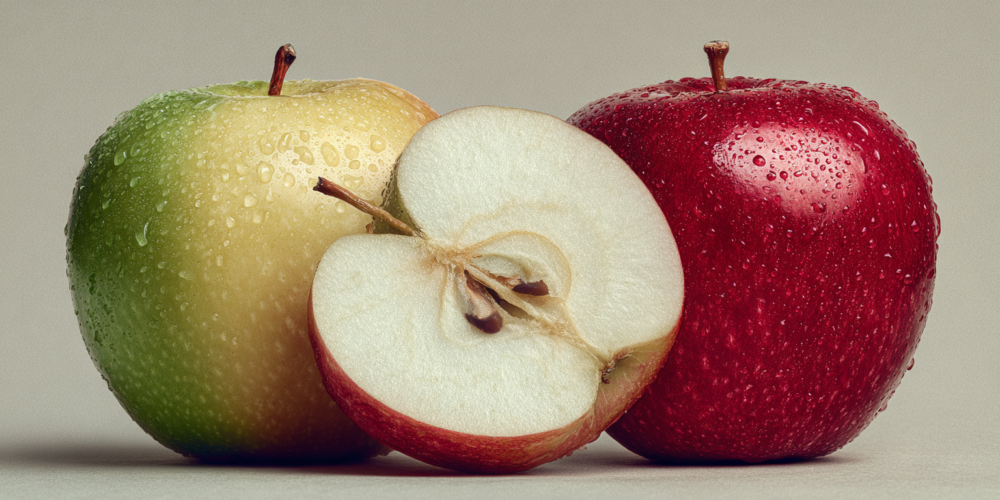
Apples are rich in fiber, which supports heart health and reduces inflammation throughout the body — including the kidneys. They contain vitamin C, antioxidants, and minerals such as potassium. Potassium helps the body remove excess sodium, lowering blood pressure and reducing strain on the kidneys. If you have kidney disease, always check with your doctor about potassium intake.
➡️ 3. Watermelon

Watermelon is over 90% water, making it excellent for hydration. Staying hydrated is essential for flushing out toxins and protecting the kidneys. Watermelon also contains lycopene, an antioxidant that reduces inflammation, and natural compounds that help relax blood vessels and lower blood pressure. However, people with kidney disease, diabetes, or those on dialysis may need to limit their intake.
➡️ 4. Cranberries

Fresh cranberries — not sugary juices — are packed with antioxidants that support kidney function. Like blueberries, they help prevent UTIs by preventing bacteria from sticking to the bladder walls. Cranberries also reduce kidney stone risk by lowering calcium and oxalate levels in the urine.
➡️ 5. Lemons

Lemons are a natural protector against kidney stones. Their citric acid (citrate) helps prevent stone formation, which is crucial because kidney stones can lead to serious complications. Lemons also offer anti-inflammatory antioxidants and potassium, which aids in blood pressure control. People with potassium restrictions should consult their doctor first.
➡️ 6. Grapes

Grapes are hydrating, low in calories, and rich in antioxidants. Their water content helps flush out toxins, while their potassium content supports healthy blood pressure. For people on dialysis who need to limit fluids, frozen grapes are a smart trick — they satisfy thirst slowly without adding too much liquid. Always check with a kidney specialist before trying this.
➡️ 7. Pineapple

Pineapple contains bromelain, an enzyme with strong anti-inflammatory benefits. This can help calm kidney inflammation and support overall kidney health. Pineapples also provide vitamin C and potassium. As with other potassium-rich fruits, people with kidney disease or those taking potassium-affecting medications should check with their doctor.
✅ Making Healthy Choices
Protecting your kidneys doesn’t have to be complicated. Incorporating these seven fruits into your meals — as snacks, smoothies, or fresh juices — can give your kidneys the support they need. Because everyone’s health situation is different, especially those with existing kidney conditions, it’s always best to check with your doctor or dietitian to determine what’s right for you. Small, informed choices can go a long way toward keeping your kidneys healthy and your body thriving.
News in the same category

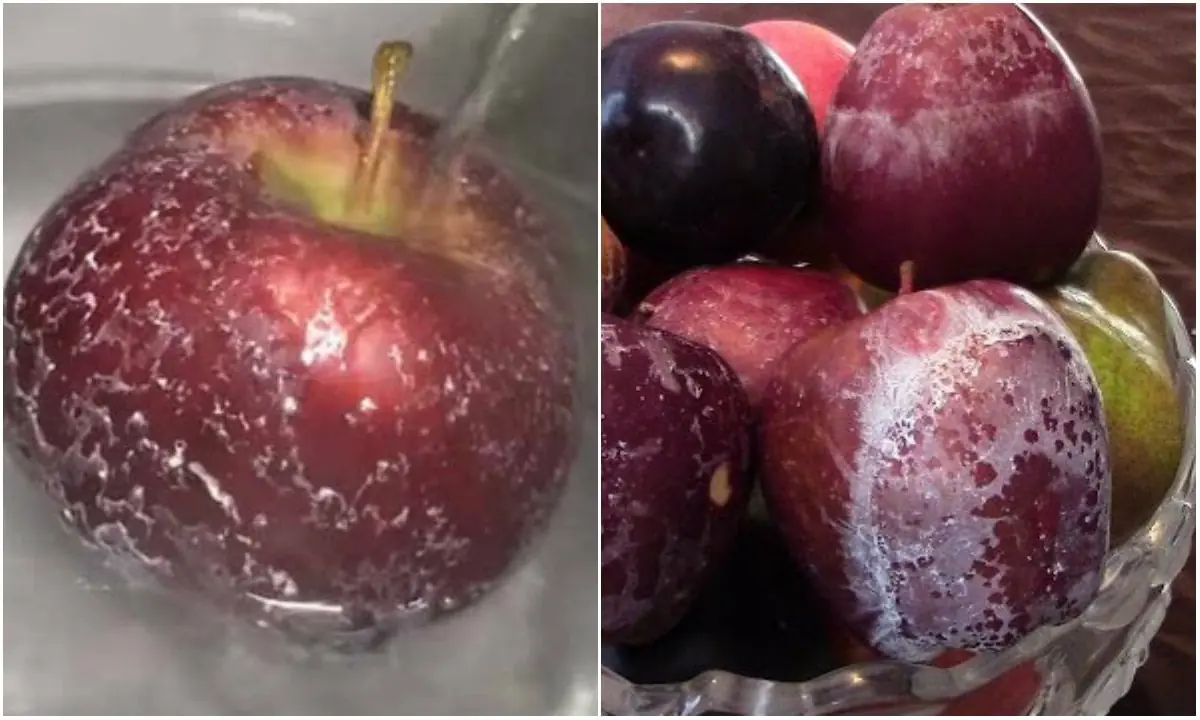
Pour hot water over an apple and the chemicals will become clearly visible – the best way to check if an apple is toxic

Doritos Goes Dye-Free: PepsiCo Shifts to Natural Colors
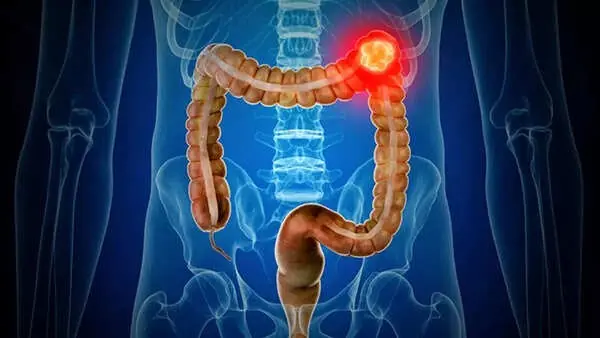
Everyday symptoms that keep appearing in people with bowel cancer

The Shocking Truth About Blood Clots and Natural Treatments That Actually Work
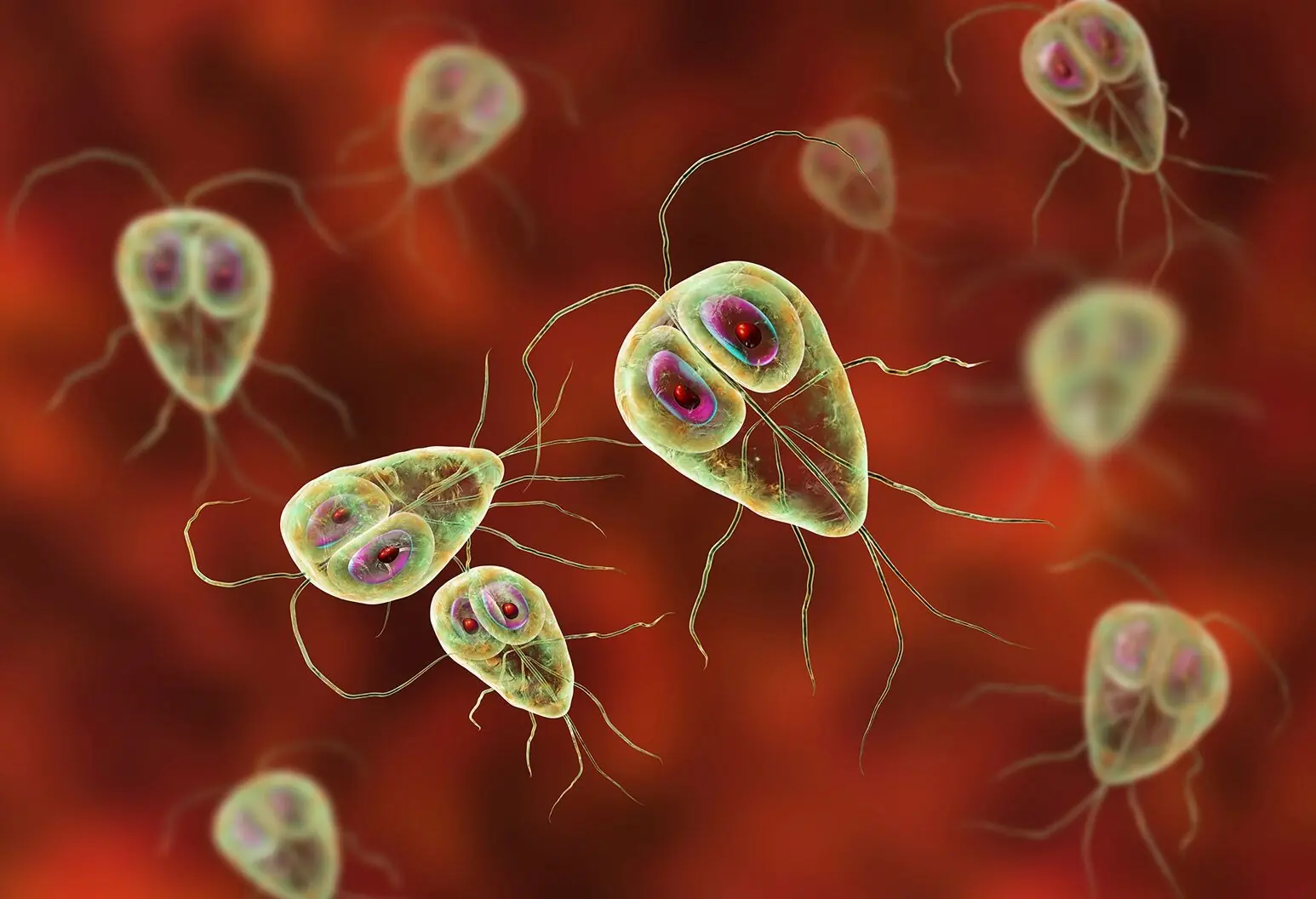
Hidden signs of parasites in your body and how to flush them out naturally

Proven Health Benefits of Eating Eggs Based on Evidence

Nanobots could be disease-fighting machines inside the body, offering a path to eternal life

Surgeon who watched online videos on amputation charged after removing his own legs
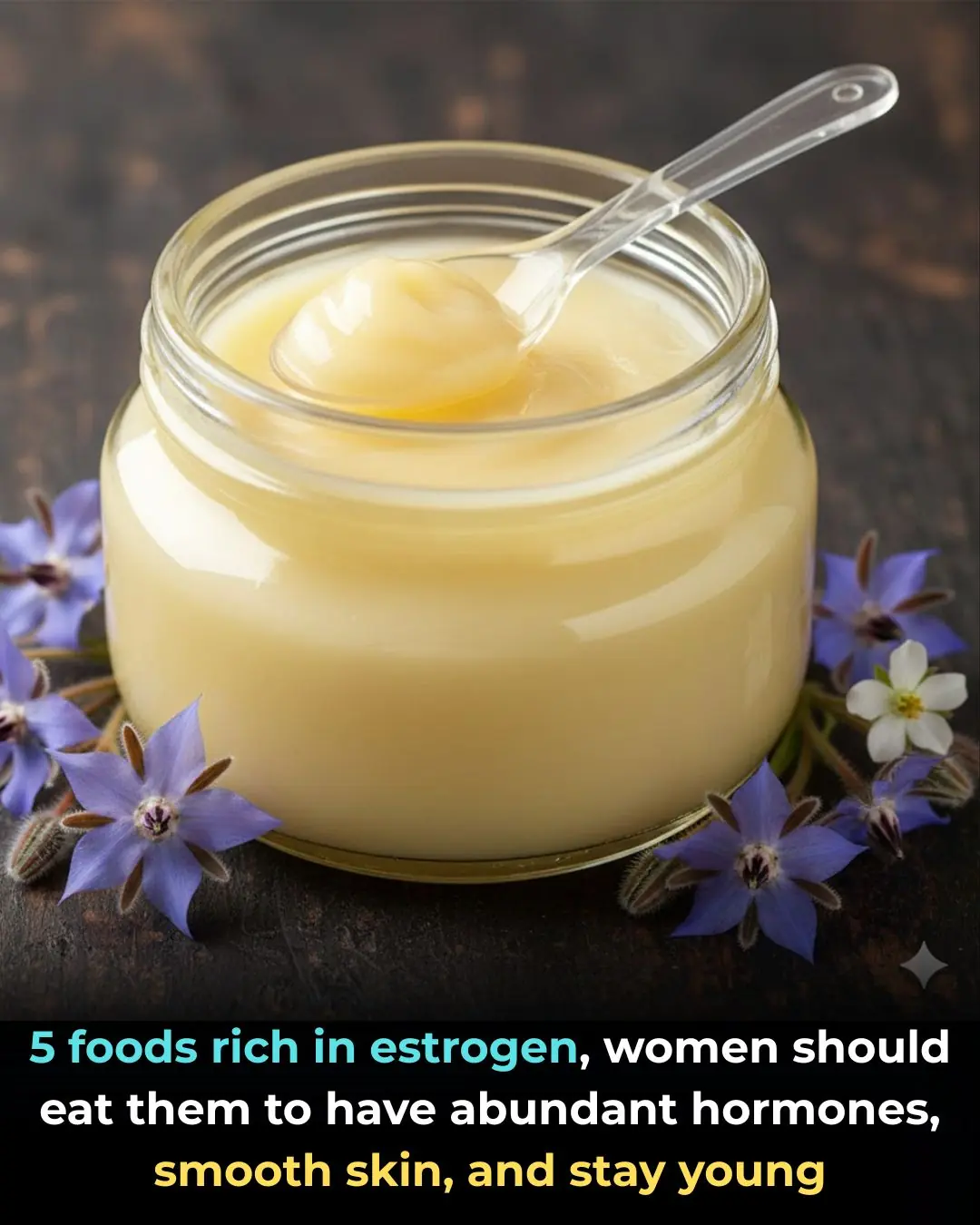
5 Estrogen-Rich Foods Women Should Eat for Hormonal Balance & Radiant Skin

2 Handfuls of Cashews is The Therapeutic Equivalent of a Prescription Dose of Prozac

7 tips to eliminate dangerous blood fat

Lower blood sugar naturally by training just 2 leg muscles
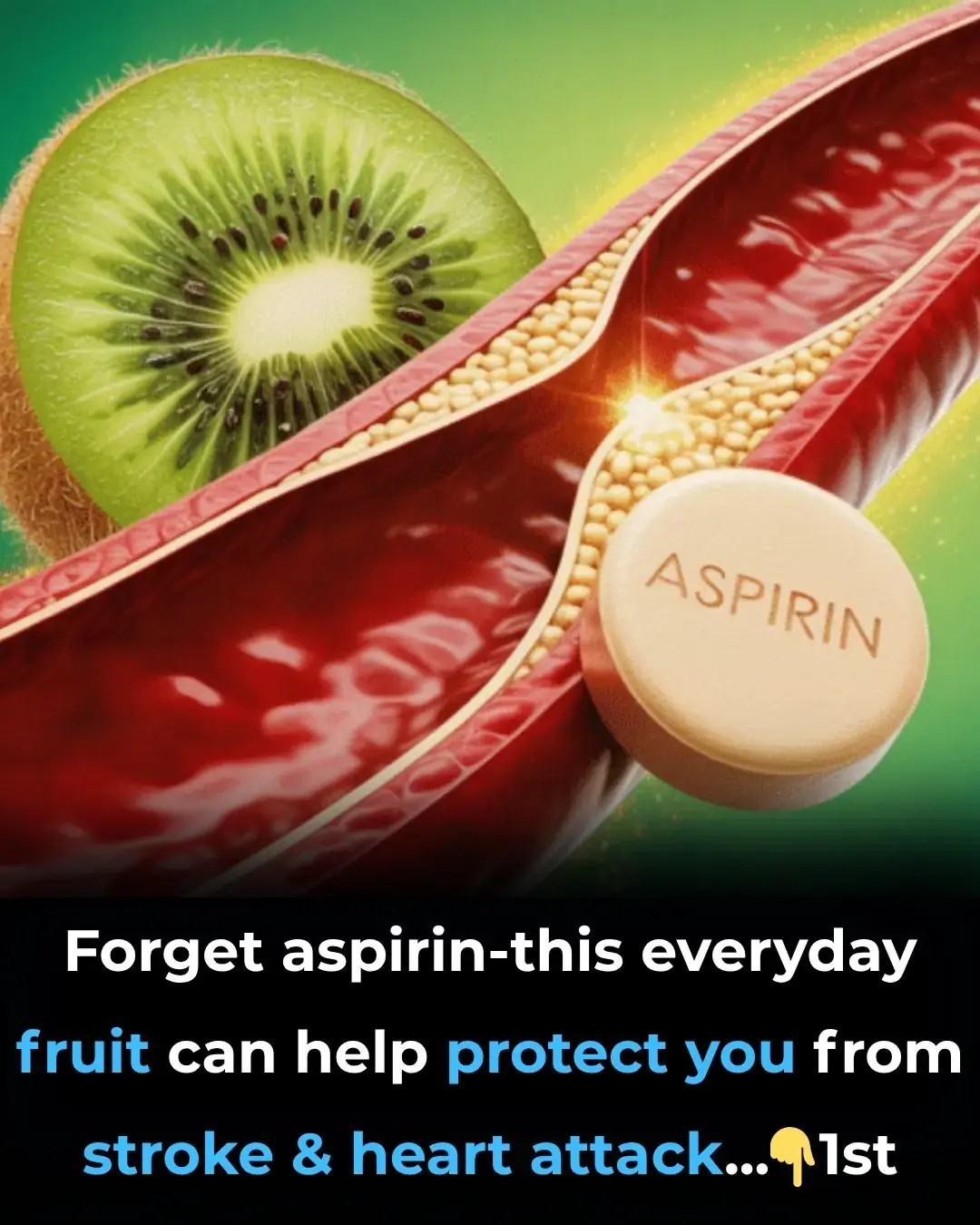
Forget aspirin—this everyday fruit can help protect you from stroke and heart attack

Preventing Stroke At Any Age: 3 “Don’ts” After Meals—And 4 “Don’ts” Before Bed

People whose mouths feel dry when sleeping at night need to know these 8 reasons

Nerve Pain Relief? The Vitamin Deficiency You Never Suspected!

3 Mineral Waters That Can Help Remove Aluminum From The Brain

Say Goodbye to Swelling: Natural Ways to Beat Water Retention Fast!
News Post

📺 Disney+ Announces Season 3 Premiere Date for "Addictive" Thriller Tell Me Lies

🌸 Coronation Street Star Georgia Taylor Hits Back at Rude Troll Over New Tattoo

👻 Back From the Dead: Barry Evans Returns to EastEnders After 21 Years

🎤 I'm A Celebrity's Aitch "Cancelled" Over Ex-Girlfriend's Embarrassing Story

🧶 Tom Daley Designs the World's First 'Scratchcard-igan' for the Festive Season

🤷♀️ MAFS UK Fans Ask: Where Were Grace and Ashley at the Reunion?

🎤 Sam Thompson and Pete Wicks Address Strictly Hosting Rumours

🏥 Kerry Katona Undergoes Corrective Breast Surgery After Tissue Rupture

When a Baby Elephant Called for Help — and Soldiers Answered.

THE FIRST WOMAN ON THAT FIELD: The Story of Lt. Gabrielle White and the Day She Shook the Army.

The Cry That Stopped the Truck.

The Day a Police Officer Became a Hero to One Little Boy.

The Last Delivery: The Day an Amazon Driver Became Family.

When Atlas Finally Fell — And Someone Finally Caught Him.

Garlic for Ear Health: Natural Relief and Protection

Clove Lemon Chia Collagen Drink: Erase Wrinkles & Dark Spots

Vogue Williams confirmed as I'm A Celeb latecomer as she shares 'real worry'

Emmerdale fans 'rumble' DNA twist as April is 'not Marlon Dingle's daughter'
